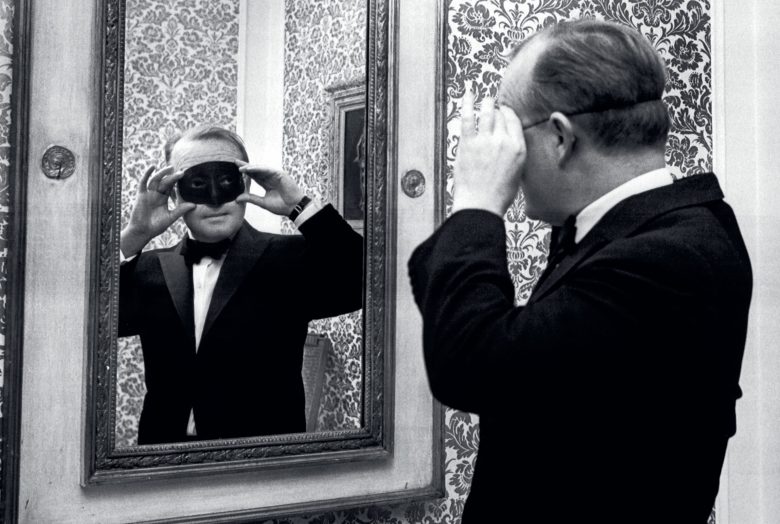
AQA (B): Paper 1 Aspects of tragedy
The first word of Antony and Cleopatra — ‘Nay’ — expresses the inevitability of its ending. The state cannot tolerate Antony’s conduct: ‘Nay, but this dotage of our general’s/ O’er flows the measure’ (1.1.1–2). Philo — the character who expresses this opening condemnation — never reappears. His function is solely to tell us that Antony has gone too far. The hero who embodied Rome’s powers has squandered his military prowess and shirked his political responsibilities — charges that render him unfit for public office. But the speech also includes a further, more insidious, accusation, and the play itself makes repeated use of the problematic term ‘gypsy’, reflecting a mistaken belief in Shakespeare’s time that Romani people originated from Egypt. The object of Antony’s dotage is even less like a Roman than he now is: she is ‘a tawny front’ and her lover ‘is become the bellows and the fan/ To cool a gypsy’s lust’ (I.1.2–9). Philo’s contempt is palpable. He does not give Cleopatra a name, let alone recognise that she is a queen. The terms he uses are racist and derogatory. To him — to Rome — she is a ‘tawny front’ (literally a ‘brown face’) and a ‘gipsy’. He is deliberately offensive. Antony has not only crossed the racial divide, he has taken an outcast as his lover.
Your organisation does not have access to this article.
Sign up today to give your students the edge they need to achieve their best grades with subject expertise
Subscribe




